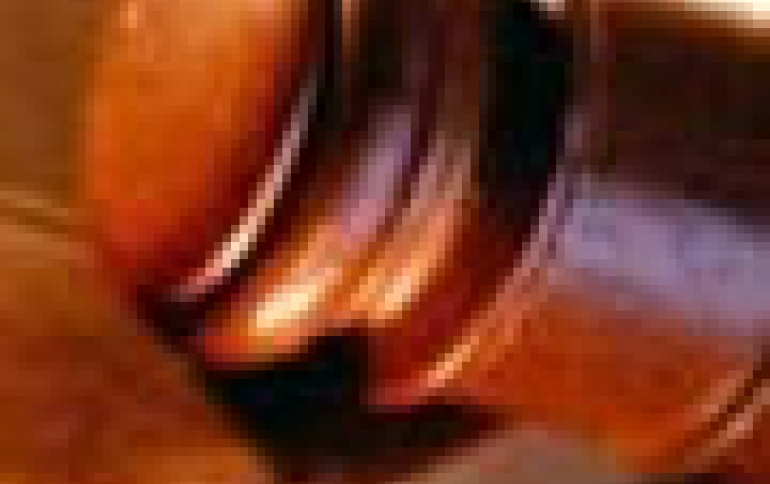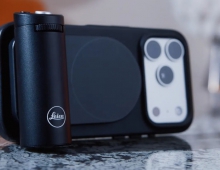
Samsung Fails To Halt iPhone 4S Sales in France
A French court rejected a request by Samsung to impose a preliminary sales ban on Apple's iPhone 4s, Samsung said on Friday.
Samsung claimed that Apple's latest iPhone infringed its patented mobile communication technology. The court said there was no reason for an injunction at this stage.
Samsung now faces an uphill battle in similar suits against Apple in Italy, Australia and Japan. Among about 30 lawsuits involving the iPhone and iPad, Samsung has now won two injunctions but lost five.
The court in Paris cited "fair, reasonable and non-discriminatory" or FRAND rule, which Apple has successfully used several times to counter Samsung?s accusations. FRAND says a company can use core technology if it is essential for a product to work so long as it pays reasonable royalties. In reality that means a company can make the product first and pay later.
In October this year, a Dutch court also threw out an application from Samsung citing the FRAND principle.
Samsung will either appeal or simply continue with the main litigation.
On Friday, the Australian Supreme Court also a lifted a preliminary sales ban on Samsung's Galaxy Tab 10.1, while sales of the iPhone 4S were allowed to continue after a court agreed to hear a patent infringement case brought by Samsung in March.
On Tuesday, a court in Tokyo will review an application from Samsung to ban the iPhone 4S, while a court in Milan will review a similar case on Friday.
A U.S. court rejected Apple's bid last week to block Samsung from selling its Galaxy smartphones and tablets in the U.S. market.
Samsung now faces an uphill battle in similar suits against Apple in Italy, Australia and Japan. Among about 30 lawsuits involving the iPhone and iPad, Samsung has now won two injunctions but lost five.
The court in Paris cited "fair, reasonable and non-discriminatory" or FRAND rule, which Apple has successfully used several times to counter Samsung?s accusations. FRAND says a company can use core technology if it is essential for a product to work so long as it pays reasonable royalties. In reality that means a company can make the product first and pay later.
In October this year, a Dutch court also threw out an application from Samsung citing the FRAND principle.
Samsung will either appeal or simply continue with the main litigation.
On Friday, the Australian Supreme Court also a lifted a preliminary sales ban on Samsung's Galaxy Tab 10.1, while sales of the iPhone 4S were allowed to continue after a court agreed to hear a patent infringement case brought by Samsung in March.
On Tuesday, a court in Tokyo will review an application from Samsung to ban the iPhone 4S, while a court in Milan will review a similar case on Friday.
A U.S. court rejected Apple's bid last week to block Samsung from selling its Galaxy smartphones and tablets in the U.S. market.





















